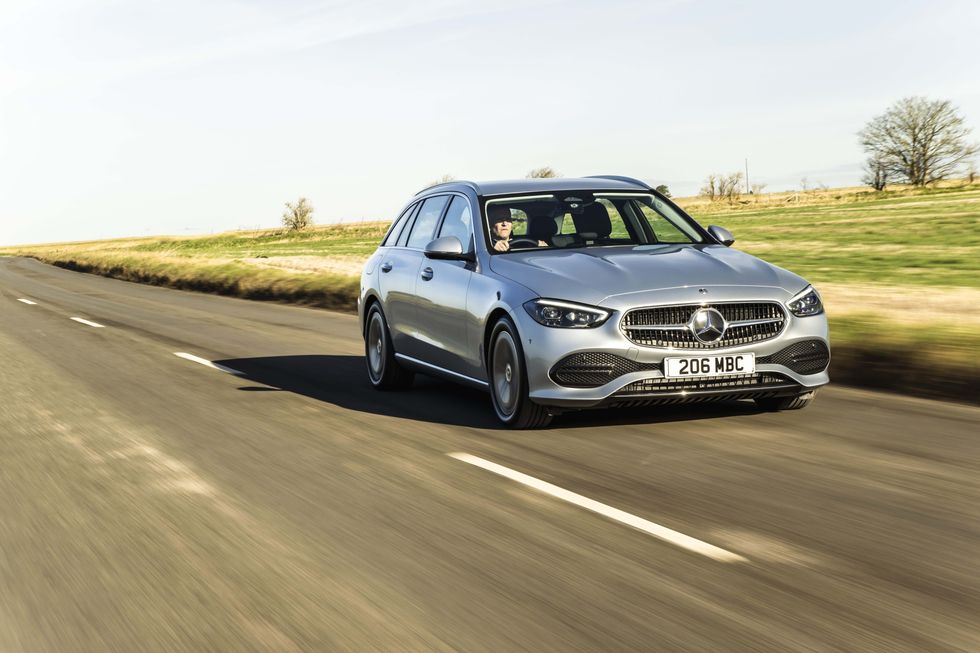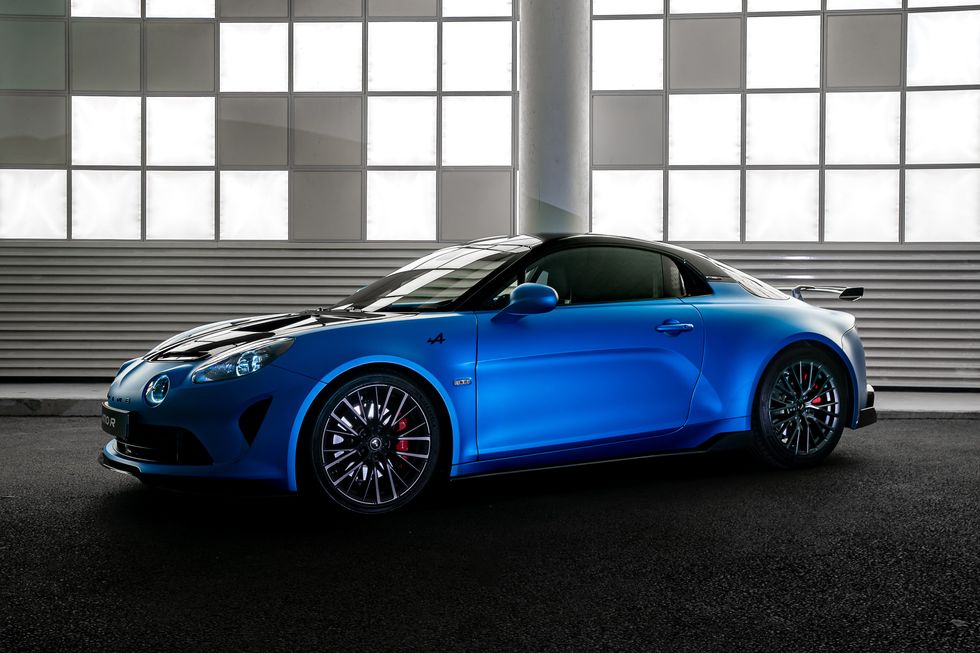Drivers are being warned of popular vehicles that could leave them at risk of being stranded with new data showing the cars with “unacceptably high” fault rates.
The new research, from Which?, found that eight cars were found to have instances of individual faults compared to similarly aged cars that have above-average rates.
Almost 60,000 vehicles were tested as part of the research, with 50,000 drivers involved, helping Which? identify which vehicles were most at risk of having serious and specific faults.
The investigation found that the vast majority of owners who reported the faults said the manufacturers did not fix the issue through a recall notice.
Do you have a story you’d like to share? Get in touch by emailingmotoring@gbnews.uk
The BMW 5 Series Saloon
BMW
BMW 5 Series Saloon (2017-2023)
The older versions of the 5 Series Saloon have a higher number of faults with exhaust and emission control components.
Which? estimated that the average fault rate for cars in this age range was around five per cent, compared to a staggering 16 per cent for the BMW 5 Series Saloon.
A spokesperson for BMW said: “The BMW Group UK has a long-term commitment to quality and quality control. “Without further details relating to your statement regarding the three models in question, we are unfortunately unable to give a specific comment.”

The Mercedes-Benz C Class Estate
MERCEDES-BENZ
Mercedes-Benz C Class Estate (2014-2021)
Some models of the C Class Estate have also been affected by issues with exhaust and emission control system components for diesel vehicles between five and nine years old.
The C Class Estate saw an incident rate of 17 per cent, compared to the average of five per cent, although most cars with the issue (85 per cent) were reported as still being safe to drive.
A spokesperson for Mercedes-Benz added: “At Mercedes-Benz, we continuously monitor the performance of our cars and pay particular attention to any issues that could have an impact on reliability and customer satisfaction.
“We are unable to comment further on this generalised topic and the results of your survey without reviewing specific cases, the associated individual circumstances and the root cause of any reported malfunctions.”

The first generation of Volkswagen Tiguan vehicles reported some issues with the suspension
VOLKSWAGEN
Volkswagen Tiguan (2008-2016)
The first generation of Tiguan models faced “unusually high” instances of suspension component and spring faults, which affected motorists more often than in other vehicles of a similar age.
For the suspension components, there the Tiguan had a fault rate of a staggering 22 per cent, compared to the average of four per cent.
The suspension springs of the vehicle for those between five and nine years old had an issue rate of 13 per cent, more than four times higher than the average for cars of that age range.
LATEST DEVELOPMENTS:

The Alpine 110
ALPINE
Alpine A110 (2018-present)
The A110 sports car is Alpine’s only model but owners may be hammered with expensive repair costs with three key issues identified for cars which are not that old.
Which? found that some models had a fault rate of 35 per cent for fuel system components, compared to an average of just four per cent. A rate of 16 per cent was also seen for the exhaust/emission components and cooling system components.
A spokesperson for Alpine said: “All Renault Group brands are committed to customer satisfaction as a top priority. As a part of its quality policy, Renault Group deploys Recall or Service Campaigns as often as necessary to ensure customers complete peace of mind with their vehicle.
“In regards to fuel system faults, we confirm that a service campaign was implemented in December 2023, with more than 50 per cent of cars now rectified. Anyone seeking assistance should contact their local Alpine Centre.”

